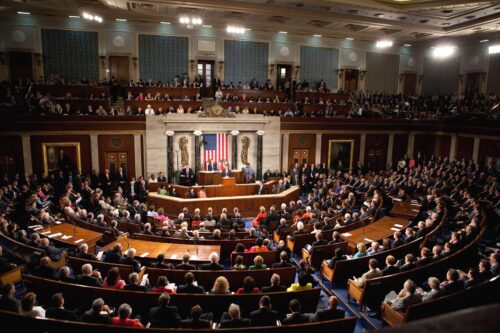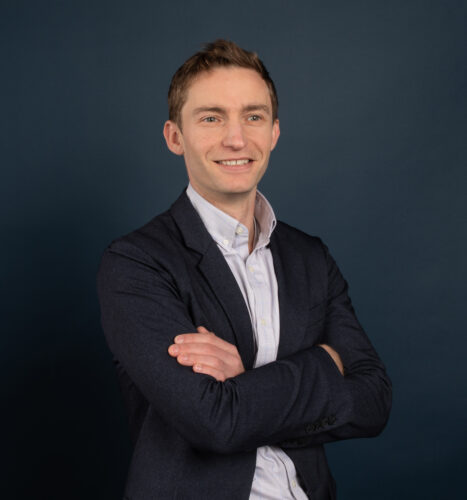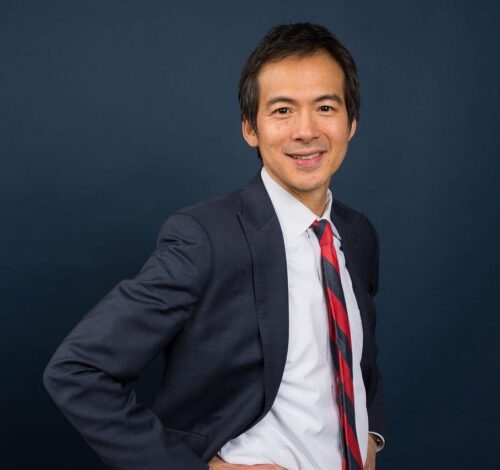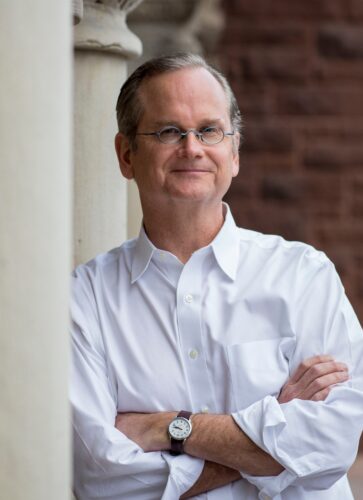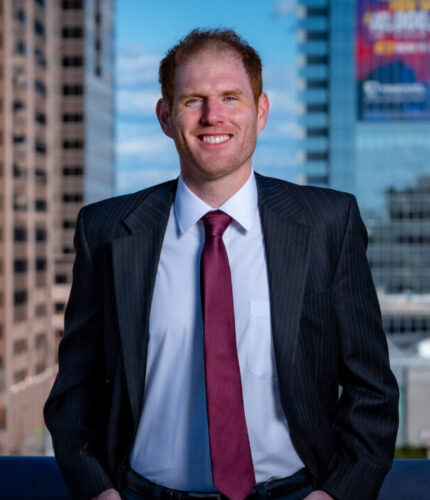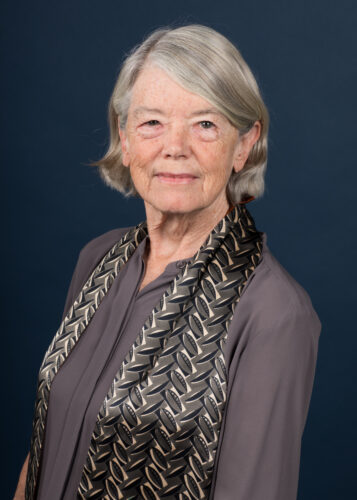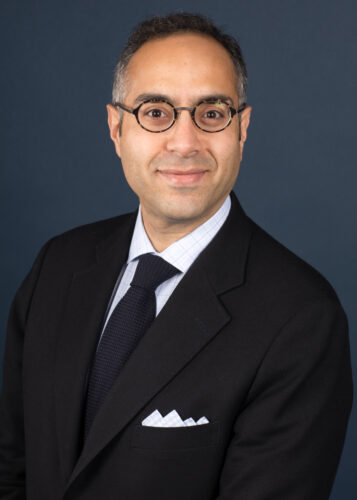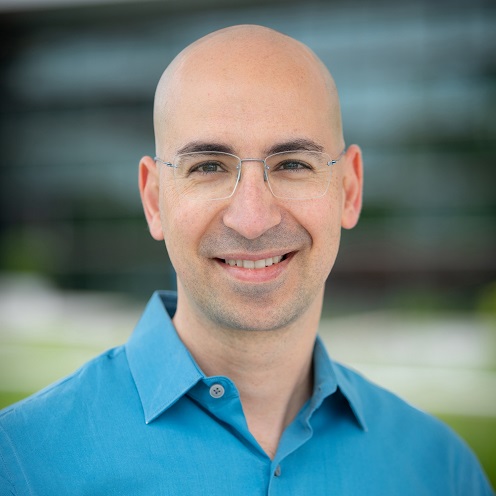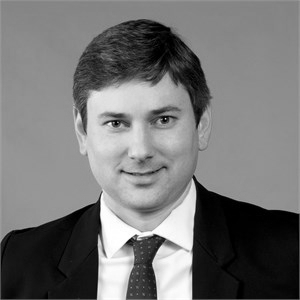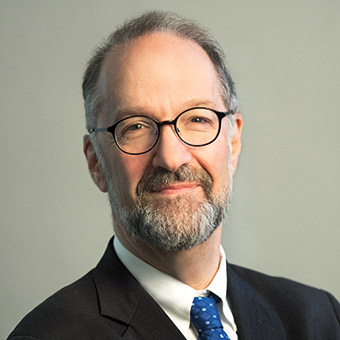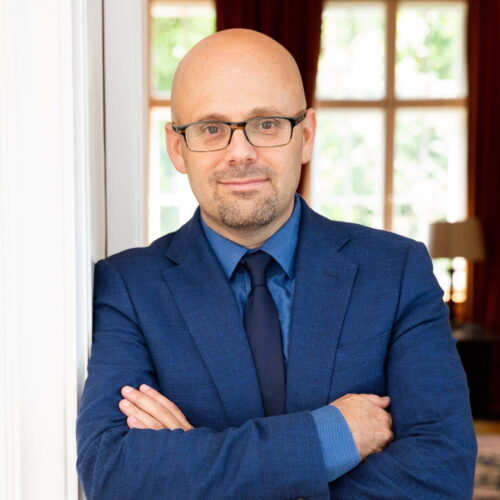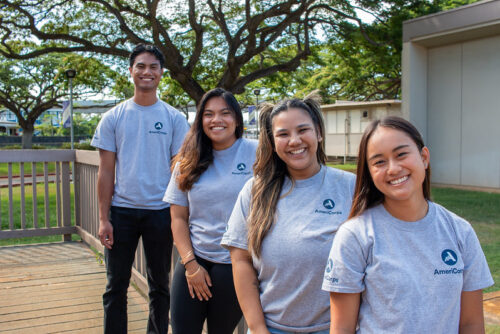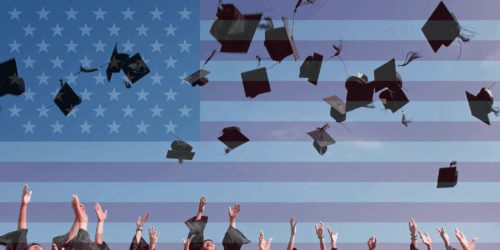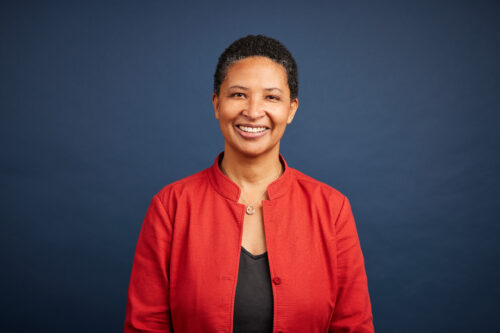
Danielle Allen
Professor of Public Policy, James Bryant Conant University Professor
At the Ash Center, we’re working to generate new ideas to reform our democratic institutions for the 21st century.
Allen Lab for Democracy Renovation, Reimagining Democracy Program
Many of our most basic democratic institutions, from the Electoral College to Congress itself, were born in the eighteenth century when American democracy and America looked markedly different than today. At the Ash Center, we’re working to modernize and reform these institutions for a healthy 21st-century democracy.
As political polarization continues to test the strength of even our most bedrock political institutions, the Ash Center brings together scholars, practitioners, and policymakers from across the country to discuss how to protect and modernize our democracy.
Through working groups and convenings, case studies, and research projects, the Ash Center is working to identify reforms both large and small that will help strengthen the future of American democracy for generations to come.
Professor of Public Policy, James Bryant Conant University Professor
Associate Professor of Public Policy
Director, Ash Center for Democratic Governance and Innovation;
Co-Director of the Program on Democracy and the Informed Public;
Winthrop Laflin McCormack Professor of Citizenship and Self-Government
Roy L. Furman Professor of Law and Leadership
Senior Practice Fellow in American Democracy, February 2025 - November 2025
Non-resident Senior Practice Fellow in American Democracy, December 2025 - November 2026
Adams Professor of Political Leadership and Democratic Values Emerita
Ford Foundation Professor of Democracy and Governance
Assistant Professor of Public Policy
Paul F. McGuire Lecturer in Comparative Politics
Alfred and Rebecca Lin Professor of Computer Science
Associate Professor of Public Policy
Visiting Professor of Public Policy at the Harvard Kennedy School;
Co-Director of the Program on Democracy and the Informed Public;
Samuel F. and Rose B. Gingold Chair in Human Development and Professor of Economics,
School of Social Sciences and Social Policy, Brandeis University
Eaton Professor of the Science of Government
In-Person Event
Ash Center Seminar Room 225, Suite 200, 124 Mount Auburn Street
12:00 pm – 1:00 pm EST
Commentary
Allen Lab Policy Fellow Christine Slaughter makes the case that democracy must be understood through people’s lived experiences and agency, not just institutions.
Podcast
Co-hosts Archon Fung and Stephen Richer weigh conflicting predictions for the 2026 midterms and explore how to safeguard a free and fair election.
Feature
Economists and policy analysts broadly agree that more housing needs to be built in order to reduce costs in America’s most expensive cities. Using a novel survey of mayors of mid-sized and large cities to explore mayors’ views on the roots of America’s housing crisis and what solutions they believe will most effectively address their constituents’ housing challenges, the authors summarize mayors’ attitudes and perceptions on key issues related to expanding the housing supply, reporting how well these views correlate with mayors’ assessments of their own cities’ supply needs.
Podcast
White House reporter Annie Linskey offers a closer look at how the Trump White House makes decisions and what recent actions reveal about its strategy.
Additional Resource
In a new essay, The Case for Building an AmeriCorps Alumni Leadership Network, Allen Lab Policy Fellow Sonali Nijhawan argues that the 1.4 million Americans who have completed national service represent an underleveraged civic asset. Drawing on her experience as former Director of AmeriCorps, Nijhawan outlines a roadmap for transforming dispersed alumni into a connected leadership network capable of reinvigorating public service, rebuilding trust in government, and strengthening civic participation.
Podcast
Jonathan Rauch joins the podcast to discuss why he now believes “fascism” accurately describes Trump’s governing style.
Podcast
Drawing on new data from more than 10,000 Trump voters, this episode of Terms of Engagement unpacks the diverse constituencies behind the MAGA label.
Podcast
As Venezuela grapples with authoritarian collapse and a controversial U.S. operation that removed Nicolás Maduro, Freddy Guevara joins the podcast to discuss what Venezuelans are feeling and what democratic renewal might actually look like.
Podcast
In the season 2 premiere of Terms of Engagement, Archon Fung and Stephen Richer revisit January 6 with journalist Mary Clare Jalonick to examine what the January 6 Capitol attack reveals about democratic trust, accountability, and political violence.
Podcast
In the season finale, author and political theorist Laura Field joins co-hosts Archon Fung and Stephen Richer to unpack the ideas and beliefs of the New Right and their impact on elections, race, and public debate.
Podcast
Co-hosts Archon Fung and Stephen Richer unpack the latest developments in the Epstein saga and explore what they reveal about shifting political alignments, growing demands for accountability, and the relationship between power and public trust.
Podcast
Co-hosts Archon Fung and Stephen Richer look back at the last five months of headlines as they celebrate the twentieth episode of Terms of Engagement.
Podcast
Archon Fung and Stephen Richer are joined by Michelle Feldman, political director at Mobile Voting, a nonprofit, nonpartisan initiative working to make voting easier with expanded access to mobile voting.
Podcast
This week, Danielle Allen joins Archon Fung and Stephen Richer on Terms of Engagement.
Commentary
Last week’s leak of the U.S. Department of Education’s proposed “Compact for Academic Excellence in Higher Education” drew intense reactions across academia. Critics call it government overreach threatening free expression, while supporters see a chance for reform and renewed trust between universities and policymakers. Danielle Allen, James Bryant Conant University Professor at Harvard University, director of the Democratic Knowledge Project and the Allen Lab for Democracy Renovation, weighs in.
